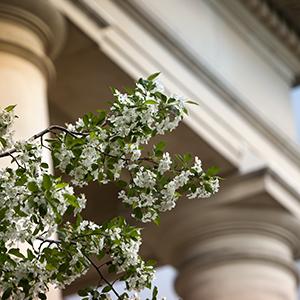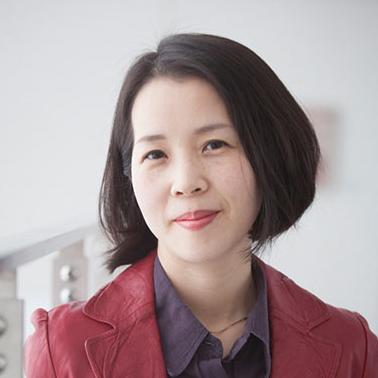Molecular study could improve climate-change modeling
For the first time, a team of chemists has unveiled the mechanics involved in the mysterious interplay between sunlight and molecules in the atmosphere known as “roaming reactions.” The research could lead to more accurate modeling of climate change and other atmospheric phenomena.

